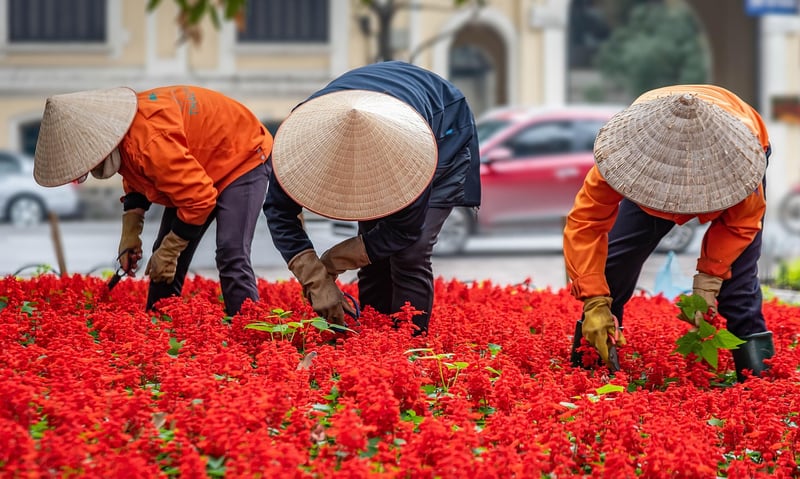Pest Control
Essential Plant Care Tips and Pest Control
Introduction
Welcome to your guide on essential plant care tips and pest control. Whether you are a seasoned plant enthusiast or just starting your green journey, understanding how to care for your plants and protect them from pests is crucial for their health and longevity.
Plant Care Tips
Proper plant care is essential for ensuring your plants thrive. Here are some essential tips to help you provide the best care for your green friends:
1. Light
Ensure your plants receive adequate sunlight based on their specific requirements. Some plants thrive in bright, indirect light, while others prefer direct sunlight. Understanding your plant's needs is key.
2. Watering
Overwatering and underwatering can both harm your plants. Always check the soil moisture before watering and adjust your watering schedule based on the plant type and environmental conditions.
3. Soil and Fertilizer
Use well-draining soil suitable for your plant type and fertilize as needed. Different plants have varying fertilizer requirements, so be sure to research what works best for your plants.
4. Pruning and Maintenance
Regular pruning helps promote healthy growth and prevents diseases. Remove dead or yellowing leaves and inspect your plants regularly for any signs of pests or diseases.
Pest Control
Despite your best efforts, pests can sometimes find their way to your plants. Here are some natural pest control methods to help you protect your plants:
1. Neem Oil
Neem oil is an effective and natural insecticide that can help control common plant pests like aphids, mealybugs, and spider mites. Dilute neem oil as per instructions and spray on affected plants.
2. Ladybugs
Introduce ladybugs to your garden or indoor plants as they are natural predators of many common plant pests. Ladybugs feed on aphids, mealybugs, and other harmful insects.
3. Diatomaceous Earth
Diatomaceous earth is a natural, non-toxic pesticide that can help control pests like ants, slugs, and beetles. Sprinkle diatomaceous earth around the base of your plants to create a barrier.
4. Plant Quarantine
Isolate new plants before introducing them to your existing collection to prevent the spread of pests. Monitor quarantined plants closely for any signs of infestation before integrating them with your other plants.
Conclusion
By following these essential plant care tips and natural pest control methods, you can create a healthy and thriving environment for your plants. Remember to observe your plants regularly, as early detection of issues can prevent them from escalating. Happy growing!


